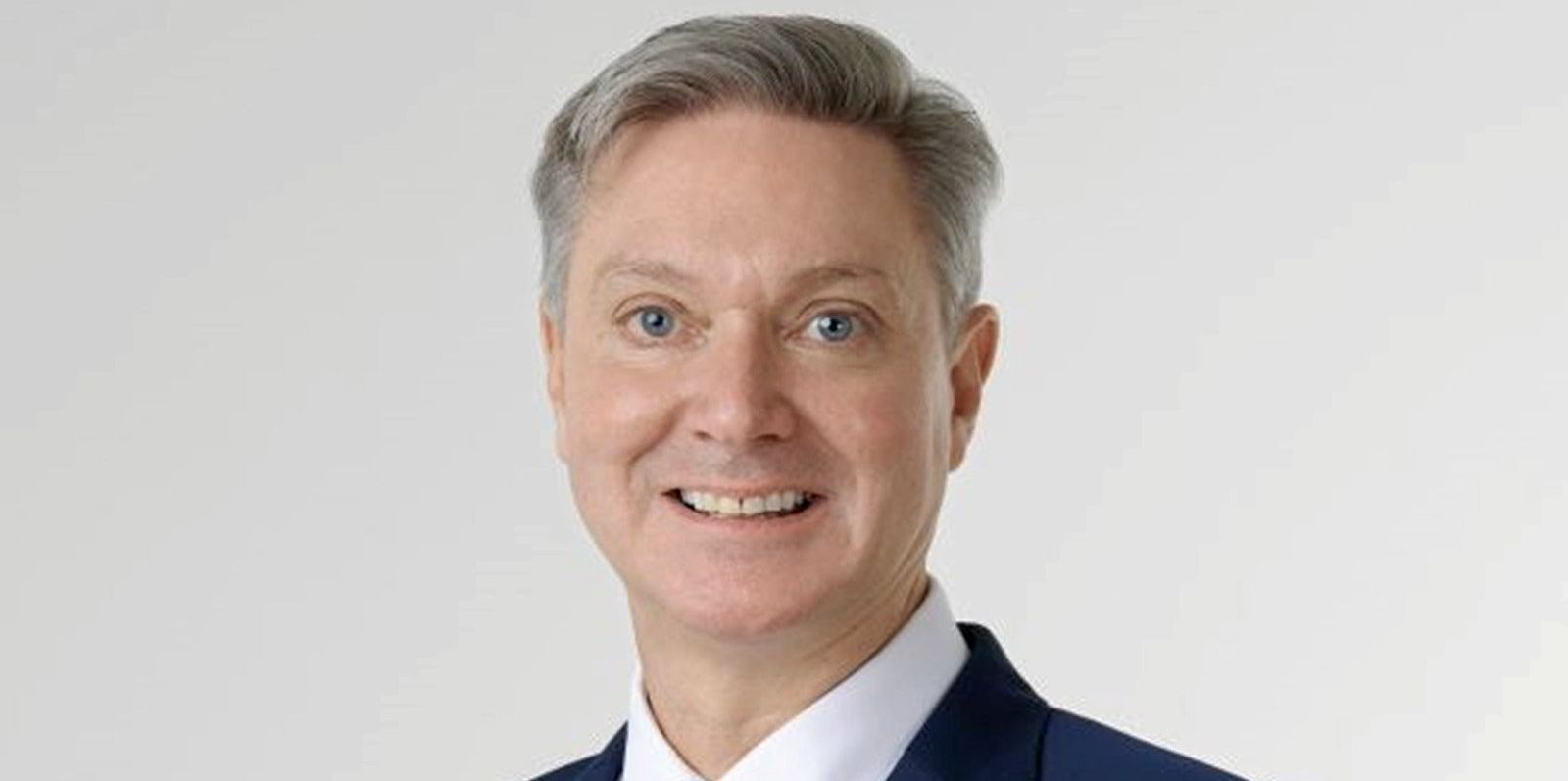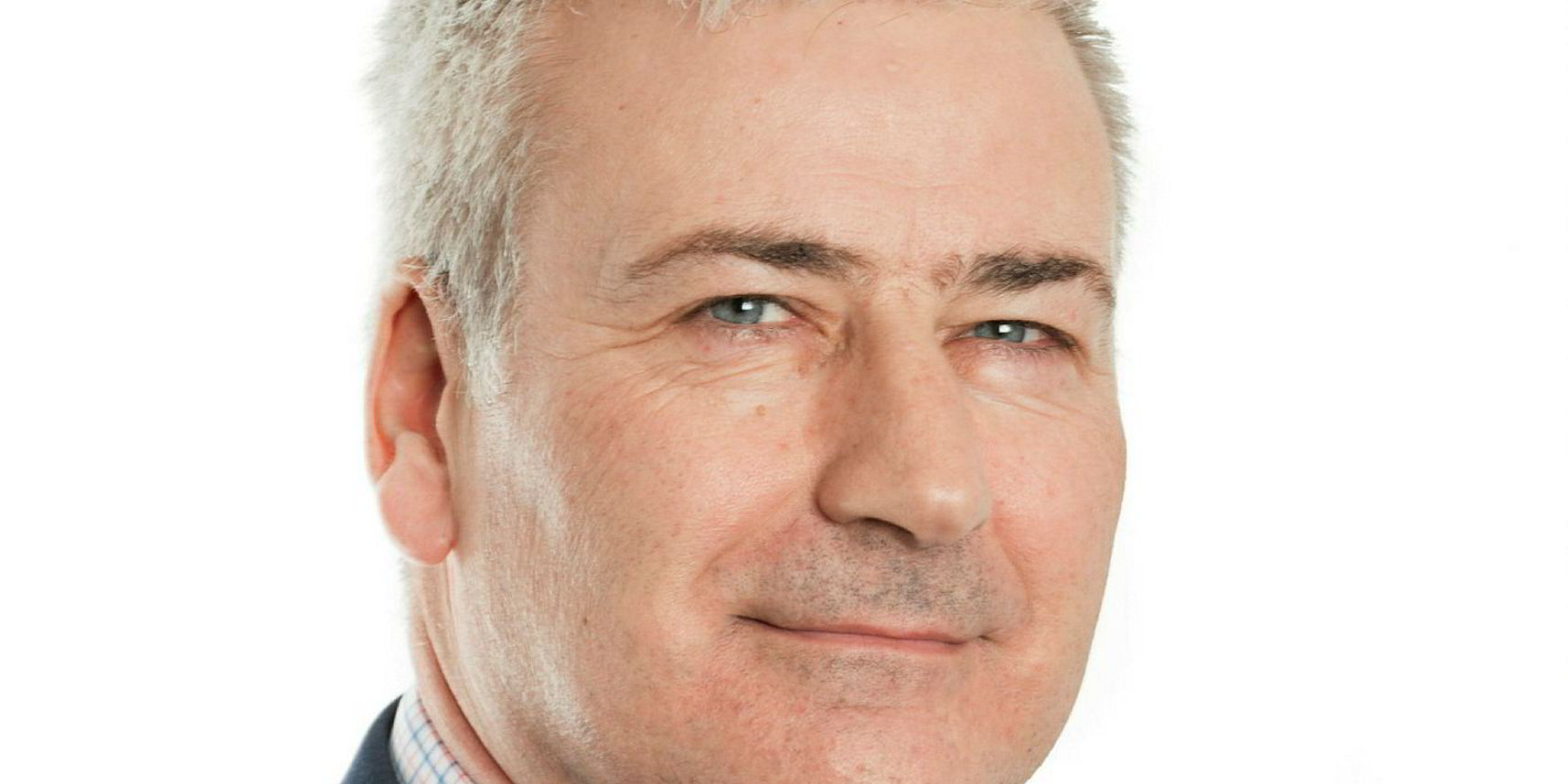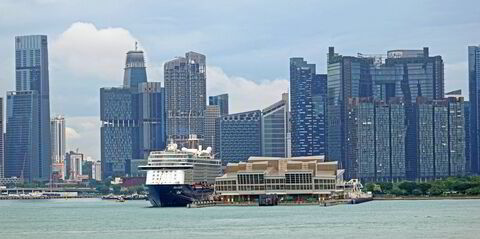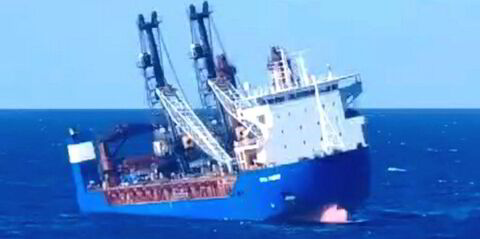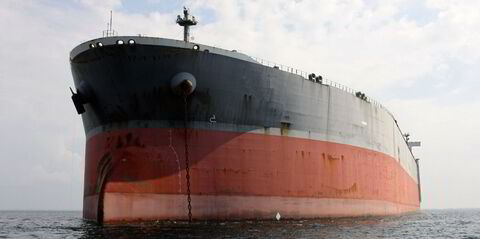Energy major Shell’s head of shipping & maritime in Asia Pacific and the Middle East Nick Potter has taken over as the new chairman of charterers’ body The Oil Companies International Marine Forum (OCIMF).
Singapore-based Potter has been a director and more recently vice chairman of OCIMF after being involved with the forum since 2014.
“I am honoured to be working with OCIMF members to advance our priorities,” Potter said.
“First and foremost, we must continue to focus on the safety and care of the people that work in this important industry whilst also ensuring no harm to the environment.
“The roll-out of SIRE 2.0, further strengthening links across industry and the ongoing work to embed the strategy will be the focus of 2022.”
A mechanical and marine engineering graduate Potter is known to many in the gas and tanker sector.
He was previously global head of maritime for BG Group before it was acquired by Shell.
Potter has held his current position at Shell since August 2016.
OCIMF said Potter has held leadership roles in the UK, USA, Sakhalin in Russia, the Caribbean and Singapore.
Potter is a board member of the Singapore Maritime Foundation, past chairman of the Lloyds Register Asia Shipowners Committee, director of Shell Tankers (Singapore) and Shell International Shipping Services.
He is also a fellow of both the Institute of Chartered Shipbrokers and Institute of Marine Engineering, Science & Technology.
Potter takes over from Chevron Shipping Co president Mark Ross who has held the OCIMF chairman position for the past four years.
Ross said it had been “an honour” to serve OCIMF. “I believe that Nick Potter will be an excellent fit for the role.”
Potter thanked Ross for the “significant contributions” he made to OCIMF as chairman, highlighting the implementation of the new strategy and OCIMF’s ongoing work throughout the pandemic.”
OCIMF has been ringing the changes in recent months.
In October Karen Davis from ConocoPhillips took over from ExxonMobil's Rob Drysdale as managing director of the organisation.
The body has also restructured and is bringing in a new way of handling the Ship Inspection Report Programme (SIRE) for tankers — SIRE 2.0 — from the second quarter of 2022.
